Explore the alarming reality of climate change in 2022, from devastating wildfires in Europe to the drowning of Pakistan and the impact on critical ecosystems. Gain insights into the nonlinear nature of climate change, the concept of tipping points, and the irreversible consequences we face. Discover the urgent need for climate change awareness and the potential risks and challenges Pakistan and its vulnerable populations are confronting. Understand the importance of collective action and resilience-building strategies in the face of this global crisis.
In 2022, climate change became frighteningly real, with Europe burning, Pakistan drowning, and rivers running dry. Most people’s mental model of this process called “climate change” is badly mistaken, but time is short. People think of climate change as a bell curve, but the reality is more like a U-shape. It means climate change is either all or nothing, and 1.5 degrees is already mega-catastrophic.
Climate change is a nonlinear process, and humans don’t do well with nonlinear processes. The “change” in climate change consists of tipping points in critical ecosystems, and most people don’t yet know what and where the tipping points are. When we push tipping points past certain limits, they begin to fall. When the planet gets too hot, the tip of the tipping point, and our world gets hotter. The chart above shows how the death of the Amazon, the great northern – Boreal – forests, the melting of the polar glaciers, and the slowing of the great Atlantic current all lead to more warming and more heat. Climate change is a nonlinear process, and we can see it every day – in the mega-floods, the mega-heatwaves, the soaring temperatures, and the way things are going missing on shelves – goods we once took for granted.
Researchers have discovered 15 climate tipping points. Many of them are already showing signs of tipping. Nonlinear processes are irreversible, and climate change is irreversible in the hard sense. The researchers are saying that with every tenth of a degree of warming, even more warming becomes likely. They say that there is no equilibrium point for climate change at two degrees, not at 2.5 degrees, not at three degrees. We’re on the express train to hell, and the next stop might be way, way north of here. If we don’t stop the nonlinear process of acceleration, there might not be the next stop, except hell.
Climate change is the most crucial issue in Pakistan now a day. We should spread climate change awareness using every way possible, including through school essays. Climate change has put Pakistan at risk, and the government is paying close attention to this problem. The 2010 floods left 20 million people homeless and another flood in 2012 wreaked havoc. Under the most optimistic emission scenarios, the global average temperature rise by 2080-99 will be around 3.7°C. Extreme climatic events are expected to become more common and intense, increasing catastrophe risk, particularly for the poor and minority populations.
Pakistan is a low-middle-income country with a primarily agrarian economy. Due to climate change, the country will experience increased heat fatigue, starvation, the introduction of vector-borne diseases, and an increased burden of aquatic infections. Millions of impoverished people are facing significant problems such as climate change, including severe events, health consequences, social protection, economic stability, mobility, water security, cultural heritage, and other dangers. Climate change harms the most vulnerable individuals the most, although they contribute the least to the catastrophe. Climate change mitigation initiatives may disproportionately affect the most disadvantaged. Policies to expand public transportation or carbon pricing may result in higher public transportation fares. It will excessively affect poorer households. Communities can help to improve resilience to climate change by offering unique views, skills, and information and by creating and administering investment programs that are responsive to their needs.
(The data was collected on 16 Sep 2022.)
Climate Change – Pakistan Desk Net
Imran Khan’s Efforts to Address Climate Change in Pakistan – Pakistan Desk Net
Climate Change, Environmental Issues, and National Security: Unveiling the Nexus – Pakistan Desk Net

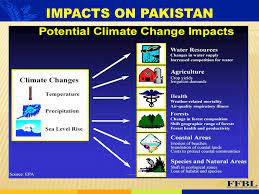
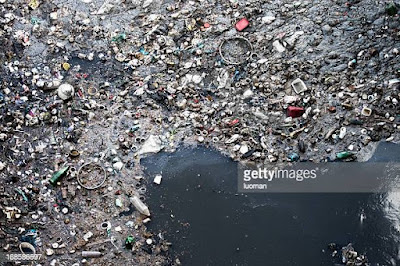


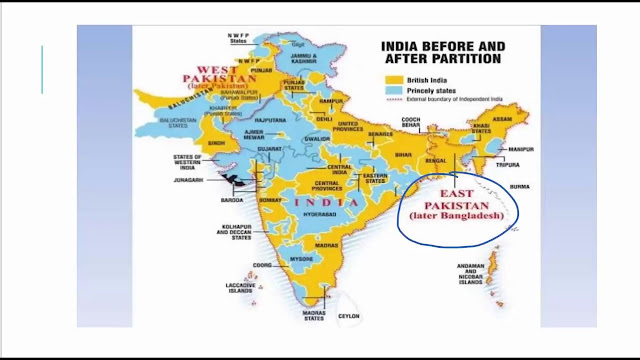
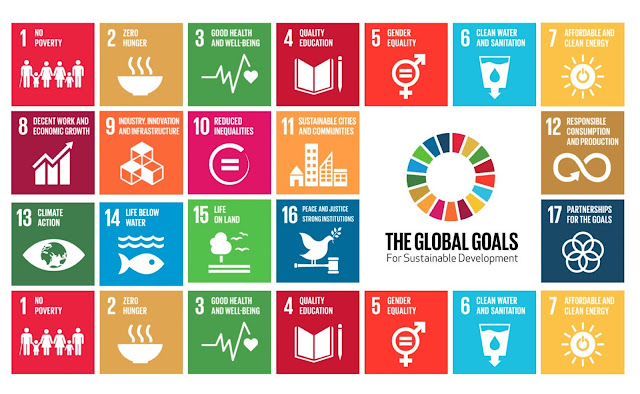
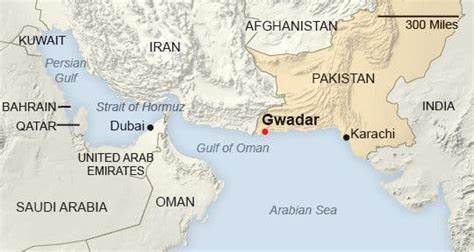

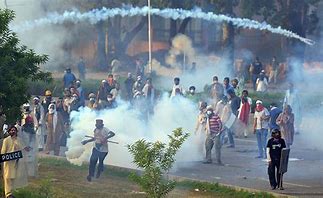
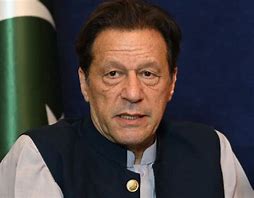
3 Comments